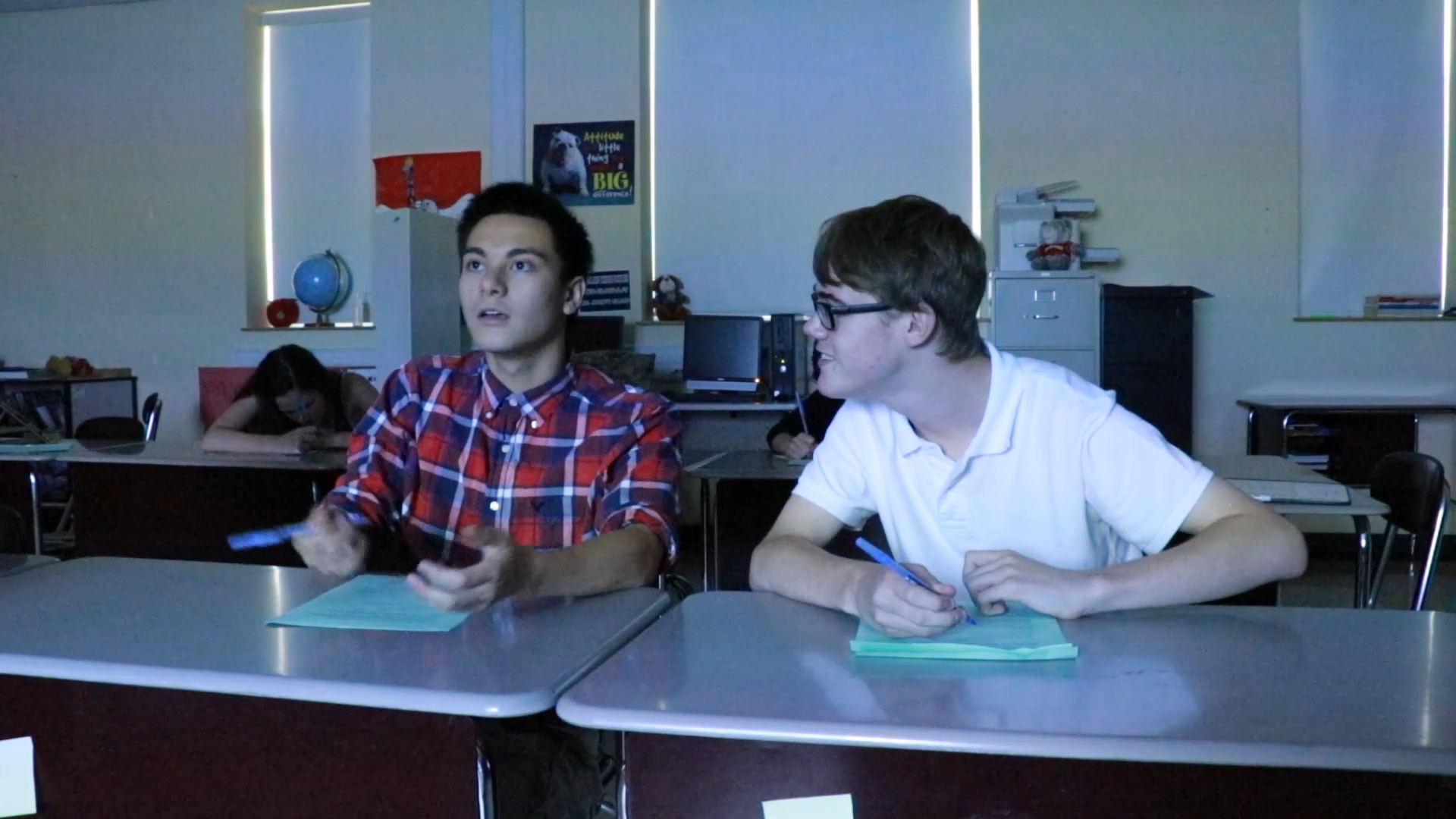
Introduction
Recognizing the appropriate time to tell jokes is a crucial social skill for students to develop. It helps them interact with their peers and fosters positive relationships. This blog post will outline an easy-to-implement, no-prep activity, discussion questions, related skills, and next steps to help educators teach their students when it’s an appropriate time to tell a joke and when it’s better to wait.
No-Prep Activity
In this activity, students will practice identifying the right time to tell a joke by participating in a role-play scenario. Follow these steps:
- Divide the class into small groups of 3-4 students.
- Assign each group a different scenario where they need to decide if it’s a good time to tell a joke or not. Examples could be:
- During a class presentation
- While working on a group project
- At lunchtime with friends
- During a quiet study session
- Ask students to discuss within their groups whether it’s a good time to tell a joke in their assigned scenario and why.
- Have each group present their scenario and decision to the class, explaining their reasoning.
- As a class, discuss the different scenarios and the importance of understanding the right time to tell a joke.
Discussion Questions
- Why is it important to recognize when it’s a good time to tell a joke?
- How can telling a joke at the wrong time impact others’ feelings and the overall group dynamic?
- What are some cues that indicate it’s a good time to share a joke with others?
- How can we learn to be more aware of others’ feelings and reactions when telling jokes?
- Can you think of a time when you told a joke at the wrong time? How did it affect others, and what did you learn from the experience?
Related Skills
Developing the ability to recognize the right time for jokes can also help students improve other important social skills, such as:
- Empathy: Understanding others’ feelings and reactions when telling jokes can help students develop empathy and compassion.
- Active Listening: Paying attention to others’ verbal and non-verbal cues can help students determine if it’s a good time to tell a joke or not.
- Self-Awareness: Reflecting on their own behavior and its impact on others can help students become more self-aware and make better choices in social situations.
- Communication: Learning to express themselves appropriately in different situations can help students develop strong communication skills.
Next Steps
To further support your students in developing their social skills, we encourage you to explore our free sample materials on Everyday Speech. These resources cover a wide range of topics, including understanding emotions, active listening, and effective communication, that can help students navigate social situations with ease and confidence.

